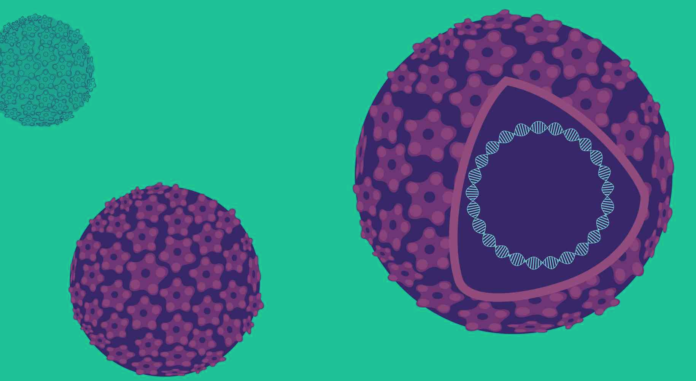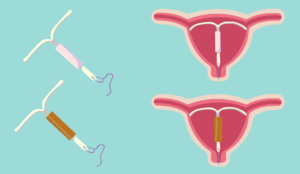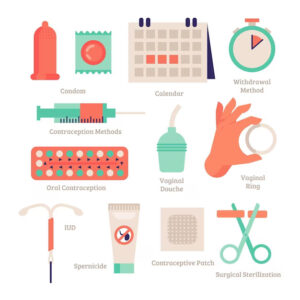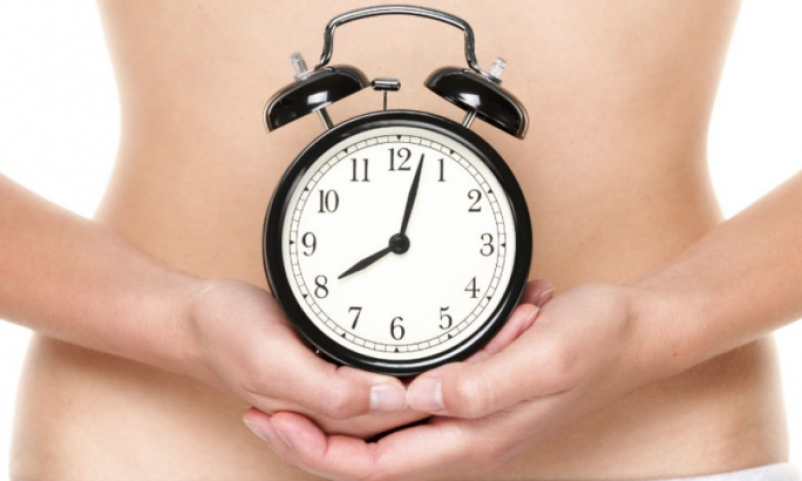What Is HPV?
HPV stands for the Human Papillomavirus. The HPV virus is a virus that is encountered and acquired through sexual or skin-to-skin contact. This is a virus that commonly infects humans.
It is estimated that up to 70% of people will get infected with HPV sometime in their lives.
HPV can affect both males and females of all ages and is the leading cause of several diseases including cervical cancer , genital warts, vaginal cancer, vulvar cancers, penile cancer and anal cancer.
Not everyone who is infected with HPV will develop cancer or warts. In fact, the vast majority of people who get infected with HPV do not develop any symptoms at all.
They then unknowingly transmit HPV to someone else. This is one of the major reasons why HPV is so prevalent in the world.
There are hundreds of subtypes of HPV some of which are high-risk ones more closely associated with cancer, while the lower-risk ones cause warts.
What is the HPV Vaccination?

HPV vaccinations have been available since 2006. The HPV vaccine, along with our PAP smear and HPV testing has been the cornerstone in reducing the burden and incidence of cervical cancer in women. This is most evident in developed countries such as the United States, the United Kingdom and also Singapore.
In its earlier days, the vaccine was marketed as a “cervical cancer” vaccine and hence was targeted primarily at the female population. However, the US Food and Drug Administration (US FDA) has recently since approved the use of Gardasil 9 for BOTH females and males aged 9 to 45.
Why Is HPV Vaccination Important?
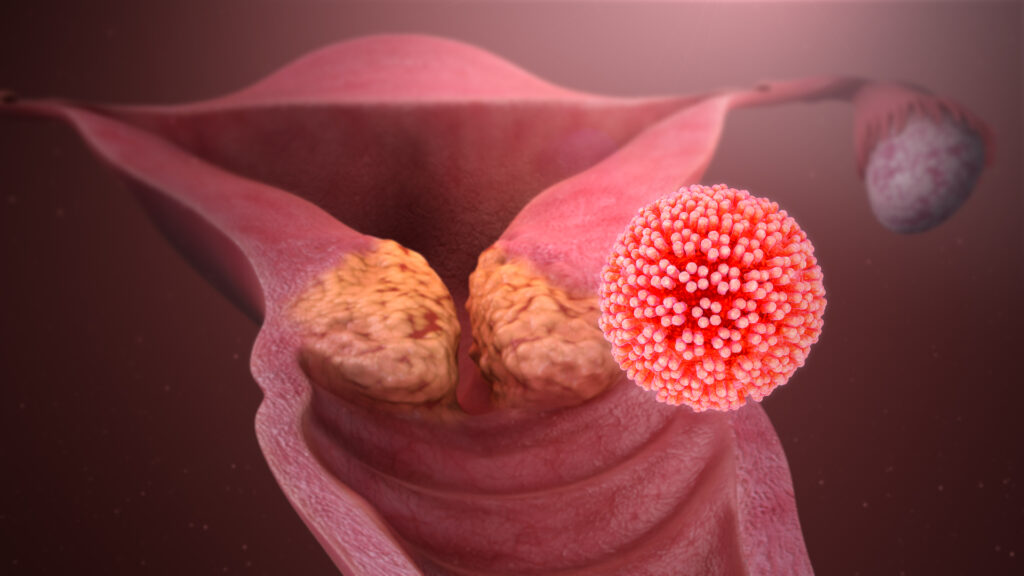
The only way to protect yourself from HPV is to get the HPV vaccination (or avoid skin-to-skin contact).
Most people who have had any type of sexual contact in their lives would probably have been exposed to HPV.
In the absence of the HPV vaccination, it is estimated that the majority of sexually active people will catch the Human Papillomavirus during their lifetime.
A person of any age who takes part in ANY kind of sexual activity that involves skin-to-skin contact is at risk.
Most people infected with HPV usually show no signs or symptoms, and this means that they can then transmit the HPV virus to their partners without knowing. HPV can be passed through any kind of sexual activity or skin-to-skin contact.
HPV has been linked to more than 99% of cervical cancers, 90% of anal cancers, 70% of vaginal and vulvar cancers and more than 60% of penile cancers.
For women, getting vaccinated against HPV has been medically proven through multiple large-scale research studies to reduce the risk and incidence of HPV-related cancers, most notably, cervical cancer.
For males, getting vaccinated can also protect guys against genital warts, penile and anal cancers.
More importantly, it also reduces the risk of them becoming silent carriers of HPV and affecting their female partners.
Different types of HPV Vaccination
There are 3 main types of HPV vaccines available in Singapore.
1. Cervarix
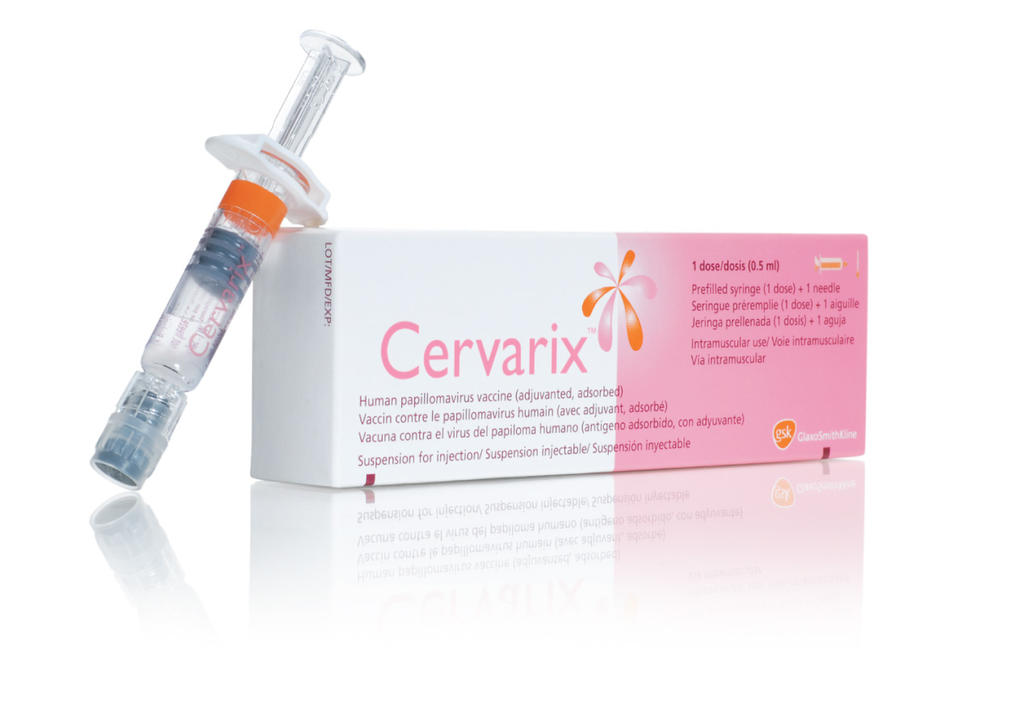
The oldest vaccine is Cervarix. Cervarix only protects against 2 high risk types of HPV, mainly HPV 16 and 18.
2. Gardasil 4
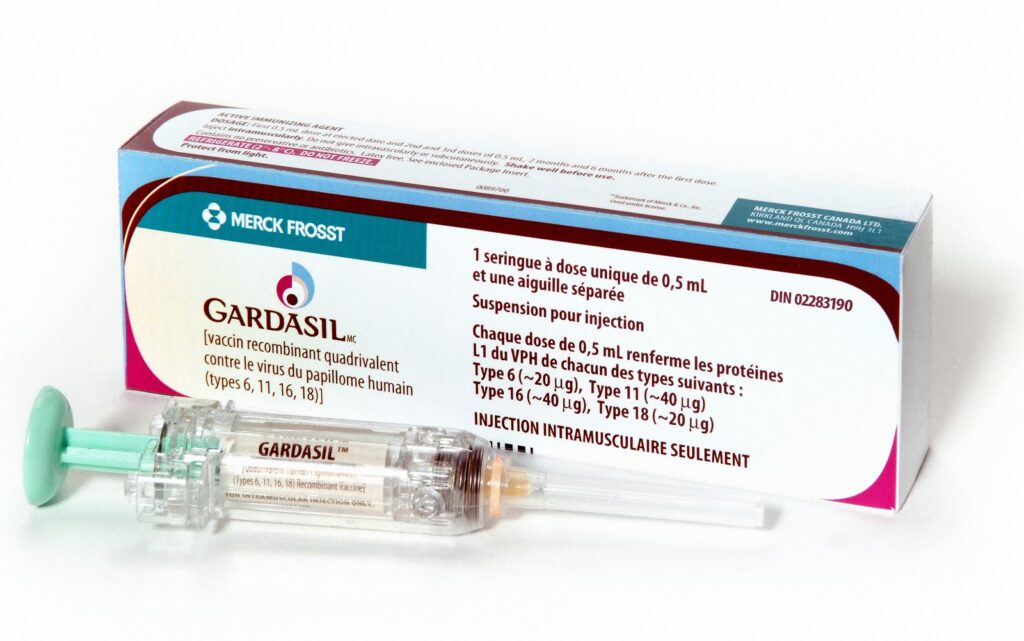
Gardasil 4 has a slightly broader protection. It covers HPV 16 and 18 which are the 2 main high risk strains, and also 2 more strains namely 6 and 11.
3. Gardasil 9
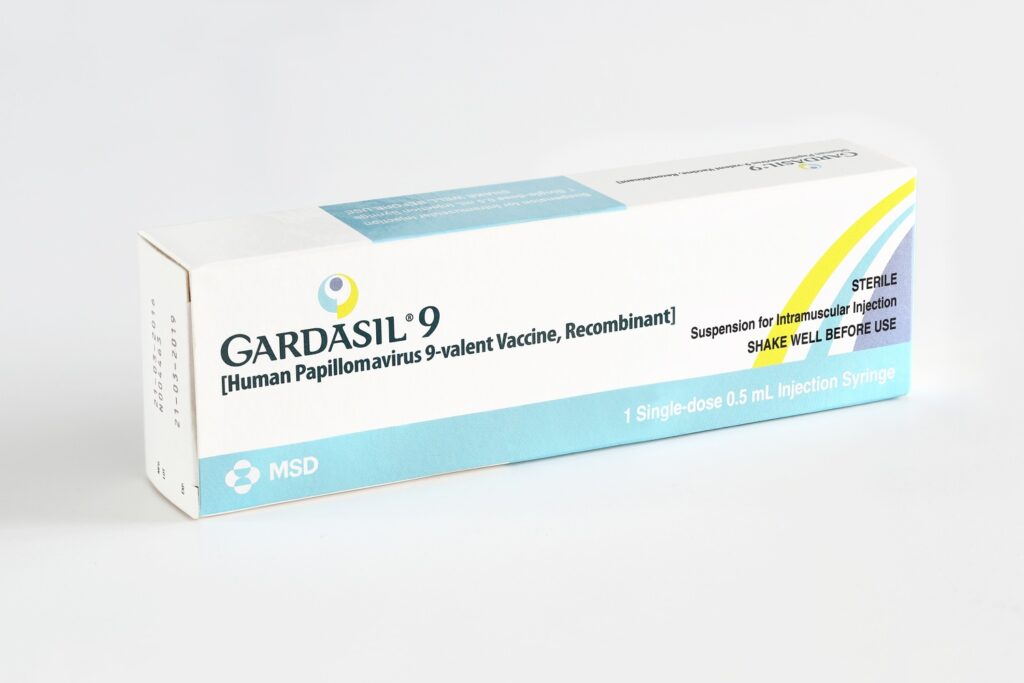
Gardasil 9 is the latest vaccine available which covers as many as 9 different strains of HPV. This is by far MORE SUPERIOR and MORE EFFECTIVE compared to the 2 older vaccines.
It protects 9 main types of HPV namely 16, 18, 6, 11, 31, 33, 45,52 and 58.
By simple comparison, Gardasil 9 has 4 times the coverage of Cervarix and more than twice the coverage of Gardasil 4.
How is the HPV vaccine done?
The HPV vaccine is given in 3 doses.
The first dose is given on your first visit, the second dose is given 2 months later, and the last dose is given 6 months after the first dose.
Younger people between the age of 9 to 14 years old only require 2 doses, given 6 months apart.
Who is Suitable for HPV Vaccination?

The HPV Vaccination, particularly Gardasil 9, is recommended for BOTH females and males from the age of 9 up to 45 years old.
Who Is NOT Suitable for the HPV Vaccination?
Anyone who is allergic to any of the ingredients listed in the vaccine or had an allergic reaction after receiving a dose of Gardasil or Gardasil 9 is not suitable for the vaccine.
The vaccine is also not recommended for pregnant women.
What does the HPV vaccine prevent?
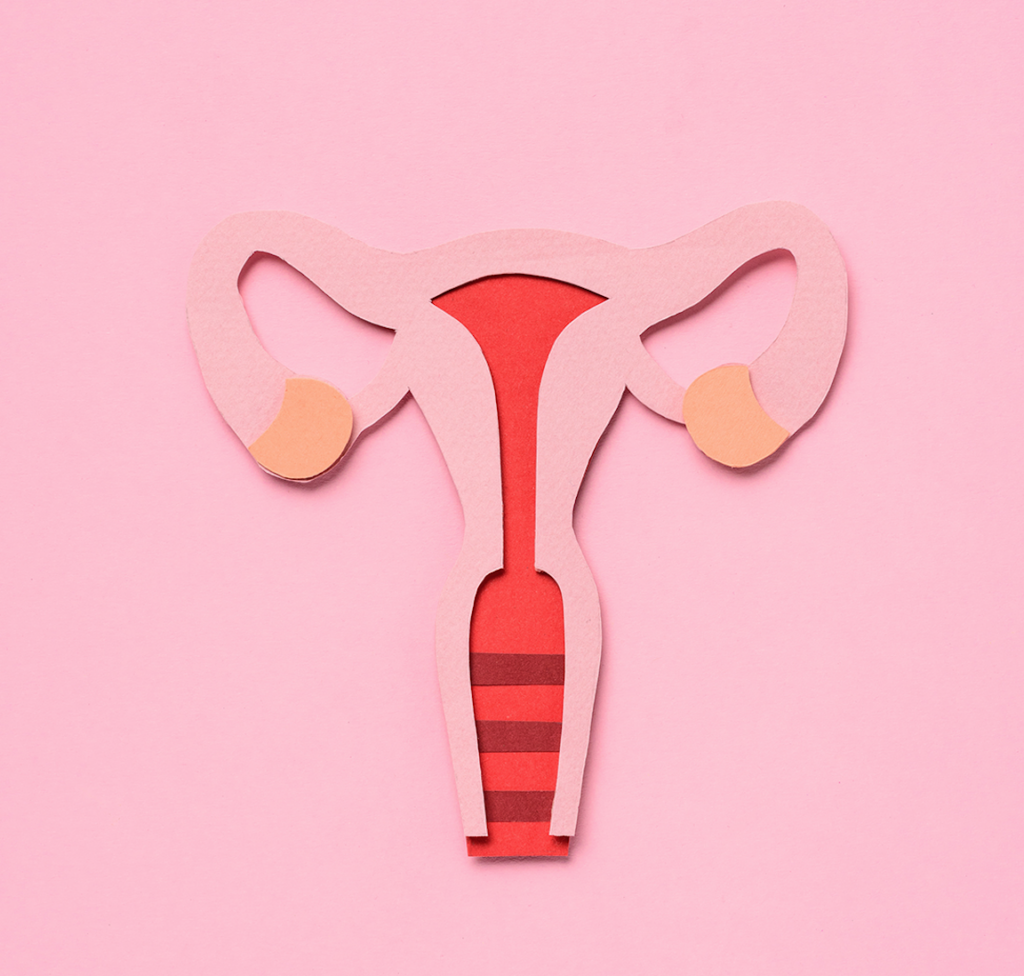
The HPV Vaccine prevents HPV-related cancers by more than 90%.
HPV-related cancers include:
- Cervical cancer
- Vaginal cancer
- Vulva cancer
- Penile Cancer
- Anal Cancer
- Throat Cancer
- Genital Warts
How Can I Prepare For the HPV Vaccination or Gardasil 9?
It is important to inform your doctor if you have any of the following:
- Previous allergic reaction to the vaccine
- Bleeding disorder that makes you unsuitable for vaccinations
- Currently pregnant
- Planning to get pregnant
- Currently having a fever or unwell
- Taking any other concurrent medications
- Have a weakened immune system due to any genetic defect, illness such as HIV or if you take medication that weakens your immune system
Are There Any Side Effects of the HPV Vaccine?

The HPV vaccine is overall an extremely safe vaccination.
Common mild side effects experienced after the vaccine include mild and temporary pain, swelling or bruising over the injection site. The most common side effect is usually slight muscle soreness over the arm where the injection was administered.
These effects usually wear off on their own after a few days with no long-lasting problems.
Why Should I Choose Gardasil 9?
Gardasil 9 is the newest HPV vaccine available that has the most protection and is the most effective in risk reduction of cancer and HPV-related diseases.
There are more than 100 Human Papillomavirus types. While Gardasil 9 cannot protect you against all types of HPV (none of the vaccines so far can), they target the 9 highest risks strains of HPV – Type 6,11, 16,18, 31,33,45,52 and 58.
These HPV strains are responsible for 95% of cervical cancer and 90% of genital warts.
What Should I Do After the HPV vaccination?
While the HPV vaccine can significantly reduce your risk of cervical cancer and other associated cancers, this does not mean your risk becomes zero.
Even if you have received your HPV vaccinations or Gardasil 9, it is still important for all women who have been sexually active before and above the age of 25 to go for your routine PAP smear. If you are above 30 years old, then you need to do an HPV test as well.
It is also important to note that the HPV vaccine is meant for the protection and prevention of HPV infections, and it is NOT meant as a treatment method.
If you suspect that you are experiencing any possible HPV infection or are at risk, do contact your doctor to get checked as soon as possible!


